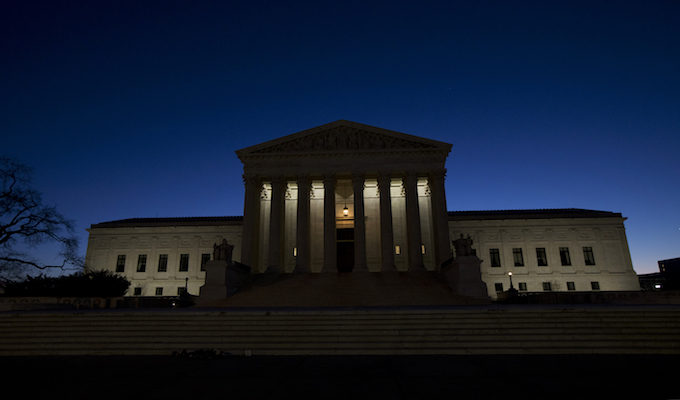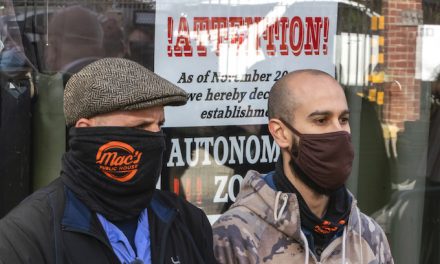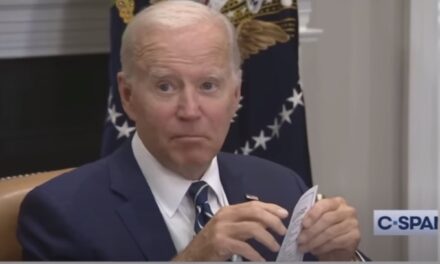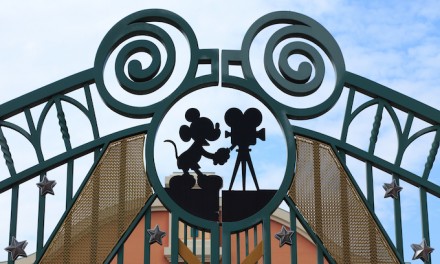Justices on the U.S. Supreme Court appeared skeptical during arguments Tuesday about whether New Jersey’s so-called Bridgegate scandal constituted a federal crime.
The case involving former New Jersey Gov. Chris Christie’s staffers, Bill Baroni and Bridget Kelly, was one of two the high court heard Tuesday.
Baroni, the former deputy executive director of the Port Authority of New York and New Jersey, and Kelly, Christie’s deputy chief of staff, were convicted in 2016 and sentenced to prison in the case. Prosecutors said the staffers created traffic jams in Fort Lee, N.J., by way of the George Washington Bridge, as political retribution for its Democratic mayor not supporting the Republican Christie’s gubernatorial bid.
The U.S. Court of Appeals for the 3rd Circuit upheld the convictions, ruling Kelly and Baroni engaged in deception when they fabricated a study to justify changing traffic patterns.
In their appeal to the Supreme Court, Kelly and Baroni argue that while their conduct may have been “petty, sensitive and ill-advised,” it did not constitute fraud because the Port Authority’s power to change traffic patterns is not a property interest for the purpose of fraud statues.
The Supreme Court must determine whether the incident could be considered a federal crime. Justice Stephen Breyer appeared to question whether it was a crime at all.
“I don’t see how this case works,” he said.
Chief Justice John Roberts asked prosecutors to explain how the case was an example of officials taking public resources to benefit themselves.
“Your theory is that by the actions in this case, they have commandeered the lanes on the expressway,” he said. But the lanes were “still being used for public purposes.”
Deputy Solicitor General Eric Feigin told the justices that Baroni and Kelly committed fraud when they told a lie to take control over the lanes and use resources to realign them.
“Unless they lied about the existence of a Port Authority traffic study, none of them had the power to direct those resources and realign the lanes,” he said.
“Their actions in this case were fraud in just the same way that it would be fraud for someone with no connection to the Port Authority to impersonate Port Authority supervisors and order Port Authority employees to realign Port Authority lanes.”
Some fear the convictions could set a precedent to allow any government official to be charged with fraud for misrepresenting the reasoning behind their decisions. Prosecutors say Kelly and Baroni were properly convicted — not because they hid their motive, but because they lied about the traffic study and Broni did not have authority to close lanes.
The other case the court heard Tuesday was a trademark infringement dispute involving watch maker Fossil.
Daniel Uria contributed to this report.
Copyright 2020 United Press International, Inc. (UPI). Any reproduction, republication, redistribution and/or modification of any UPI content is expressly prohibited without UPI’s prior written consent.
—-
This content is published through a licensing agreement with Acquire Media using its NewsEdge technology.



















Recent Comments